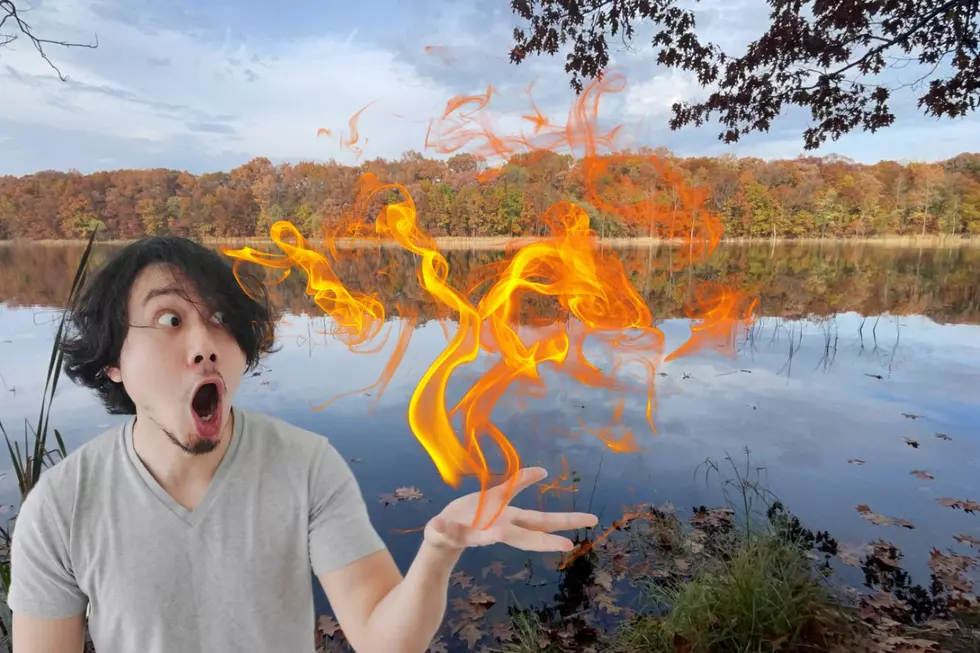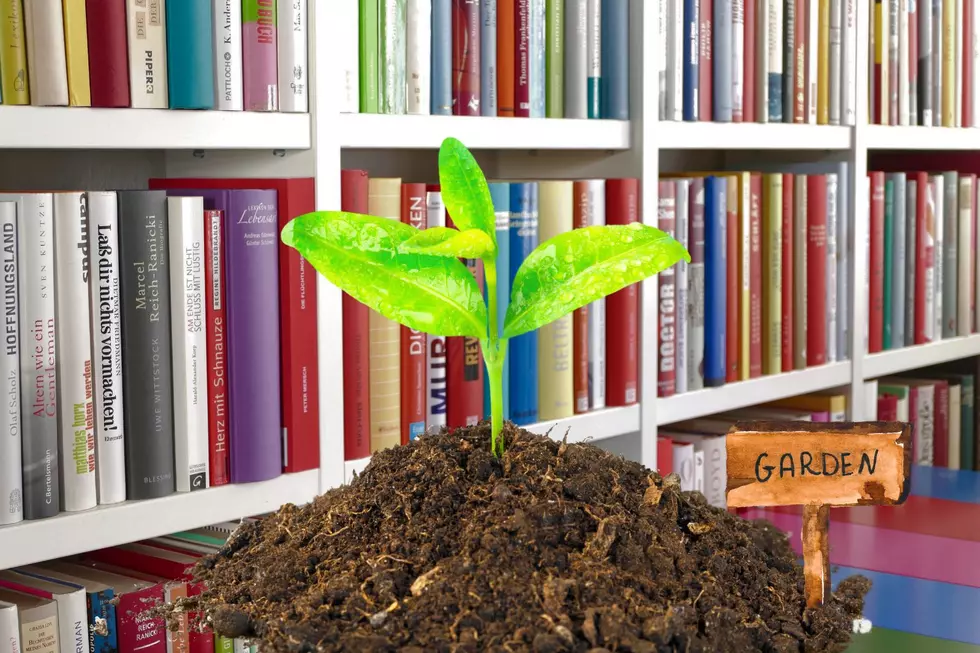
WMU Biologist Says Climate Change Will Make Kalamazoo Like Oklahoma
A Western Michigan University climate change researcher says, unless something is done, Kalamazoo's weather will be similar to Oklahoma's in ten years. He says the Great Lakes region's average annual temperature will increase by 8 to 12 degrees Fahrenheit.
That bold claim comes from Dr. David Karowe who compiled a variety of predictions about what Michigan and the Great Lakes region will be like in the year 2100 depending on whether nations implement the Paris Agreement on climate change or practice business as usual, which is defined as slowly replacing fossil fuels with smarter energy choices like wind and solar.
Possibly his most stunning prediction concerning Southwest Michigan is Michigan may end up feeling like Oklahoma if global warming isn't slowed down within a decade, says Karowe, who researches global change ecology.
More about what this will mean to Michigan from Karowe's predictions:
WMU says Karowe researches global change ecology, teaches general ecology at WMU and co-directs the Research Experience for Undergraduates program at the University of Michigan Biological Station. In particular, he and the students in his lab are investigating the potential ecological consequences of elevated atmospheric carbon dioxide.
More From WKFR









